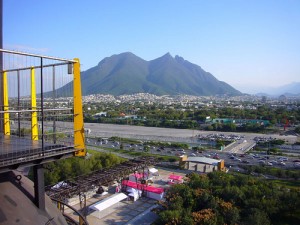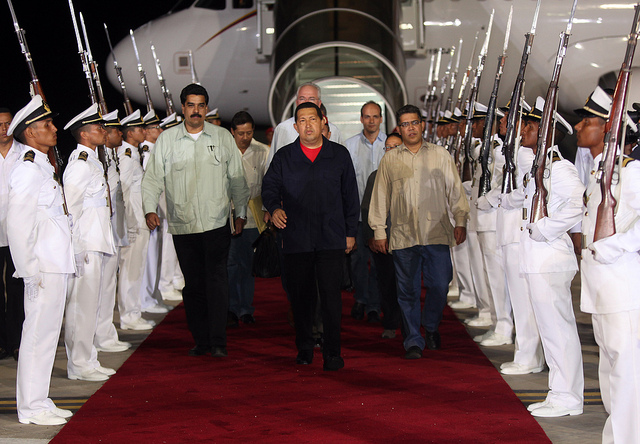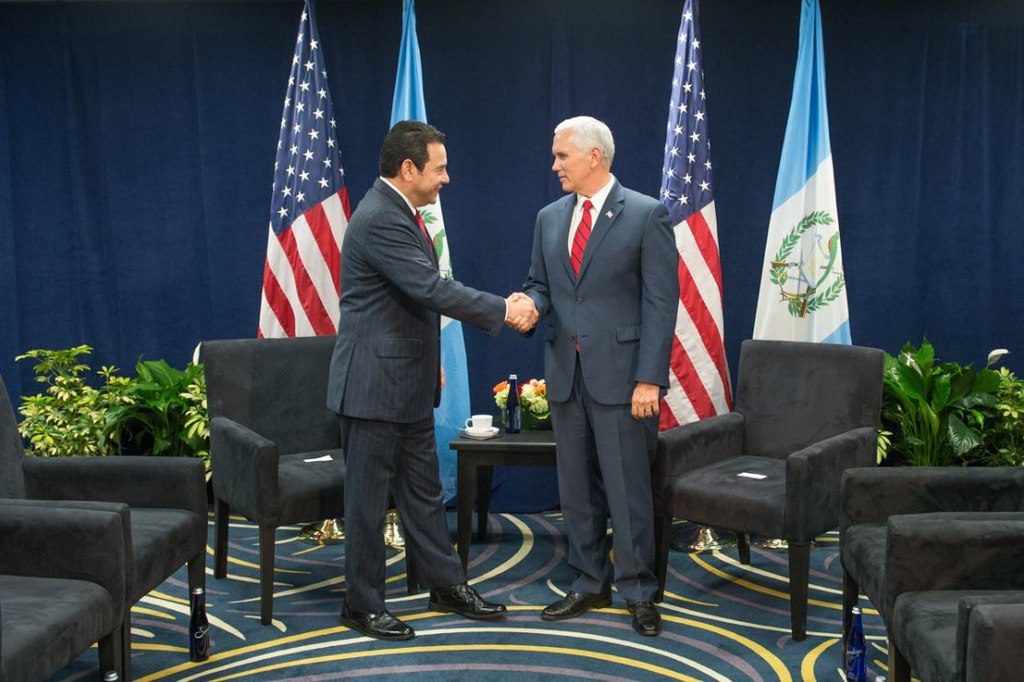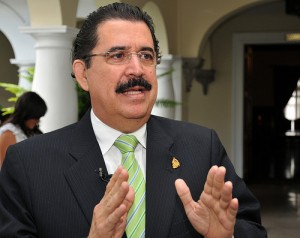
Latin America: Week in Review, Mexico
Mexican Drug War Violence Leaves Governor’s Bodyguards Dead In Monterrey
June 16, 2011 By Staff
Today in Latin America
Top Story — Violence from Mexico’s drug war continued to plague Monterrey this week as two bodyguards of the governor of Nuevo León were found dead Wednesday in the city’s streets along with a threatening message.
The bodies were wrapped in sheets and left near a supermarket in Guadalupe, a suburb of Mexico’s richest city. The Nuevo León state government confirmed the deaths but did not give more details.
“To Governor Rodrigo Medina, here are two of your bodyguards,” said a message left near the bodies. “Let’s see where the hell you can hide.” The note also said that the bodyguards had taken money from the Zetas drug cartel and said that Medina favored a rival drug cartel.
Medina, a member of the Institutional Revolutionary Party (PRI), has been pressed by citizens to put an end to the spiraling drug violence and he vowed to not give into the threats.
“Two members of government security assigned to me were killed in a cowardly way,” Medina said during a public event. “No threat will stop us from making Nuevo Leon safe.”
The killing of the two bodyguards came a day after two men were found dead and hanging by their hands off highway bridges near Monterrey.
A cosmopolitan city that is home to four million residents and considered one of the country’s industrial, intellectual and business strongholds, the violence in Monterrey has lead some to speculate that the fate of the Mexican state hinges on the city. Monterrey has become one of the main battleground in Mexico’s drug war since late 2009, when a rupture occurred between the Gulf Cartel and the Zetas.
“If we can’t deal with the problem in Monterrey, with all the resources and the people we have here, then that is a serious concern for the rest of Mexico,” said Javier Astaburuaga, chief financial officer at top Latin American drinks maker FEMSA, according to a Reuters report.
Since 2006, when Mexican President Felipe Calderón began the military battle against organized crime almost 40,000 people have been killed and thousands more disappeared.
Just Published at the Latin America News Dispatch
- The Global Commission on Drug Policy issued a report earlier this month criticizing the U.S.-led drug war. But will its recommendations change the United States’ approach toward drug trafficking? Molly O’Toole reports from New York City.
Headlines from the Western Hemisphere
North America
- Union Pacific, the largest rail shipper on the U.S.-Mexico border, is being fined more than $388 million for failing to find drugs hidden in trains by drug cartels.
- New York City Mayor Michael Bloomberg said that the United States risks “national suicide” if it doesn’t adopt an immigration policy that is more welcoming to immigrants.
Caribbean
- The U.S. Agency for International Development is pushing ahead with Cuba programs worth $21 million, although another $20 million remains blocked after oddly mixed signals by aides to Democratic Sen. John Kerry.
Central America
- A Nicaraguan official was arrested in Los Angeles on a 14-year-old arrest warrant from Florida, which alleges that he conspired to commit wire fraud and money laundering.
- The Guatemalan government prolonged the state of siege in the northern province of Petén by 30 days, which allows the government to suspend certain constitutional rights in the affected area.
- Police in Honduras discovered a mass grave in the northwest department of Cortés allegedly used by the M-18 gang to bury their victims.
- The Costa Rican Congress voted against lifting a longtime ban on in vitro fertilization, narrowly rejecting a measure proposed by the government of President Laura Chinchilla.
Andes
- Venezuela will soon begin rationing electricity in several regions because of recurring power outages, the country’s energy minister said Wednesday.
- Japan will lend $1.5 billion to the Venezuelan state-owned oil company PDVSA in exchange for three million barrels of crude oil over the next five years, according to a Japanese diplomat.
- White House and congressional negotiators appear “within striking distance” of a deal on a retraining program that has held up votes on trade agreements with South Korea, Colombia and Panama, the U.S. Chamber of Commerce said on Wednesday.
- Peruvian President-elect Ollanta Humala said Wednesday he is open to eventually exporting natural gas across the border into Chile, after meeting with Chilean President Sebastian Piñera.
Southern Cone
- Peruvian President-elect Ollanta Humala ended his tour of Latin America in Chile, where he met with Chilean President Sebastian Piñera on Wednesday after visits to Mercosur nations Argentina, Brazil, Paraguay and Uruguay.
-
United Nations Secretary General Ban Ki-moon emphasized his concern for government repression in Syria during a visit to Buenos Aires’s Navy Mechanics School (ESMA), saying that the secret dictatorship-era detention and torture center was a reminder that human rights violations continue to occur.
-
French investigators will use a Brazilian DNA database to identify the remains of the 228 passengers killed in Air France Flight 447 in 2009, which are set to arrive at the French port of Bayonne on Thursday.
-
Two major airports in Buenos Aires resumed normal operations on Wednesday after the June 4 volcanic eruption in Chile.
Image: Mercedesfromtheeighties @ Flickr.
Subscribe to Today in Latin America by Email







1 Comment
Mexico needs international hand
Comments are closed.